‘Itchy’ scratching for diamond glory
Updated: 2015-07-22 05:47
By Lindsay Berra(China Daily USA)
|
||||||||
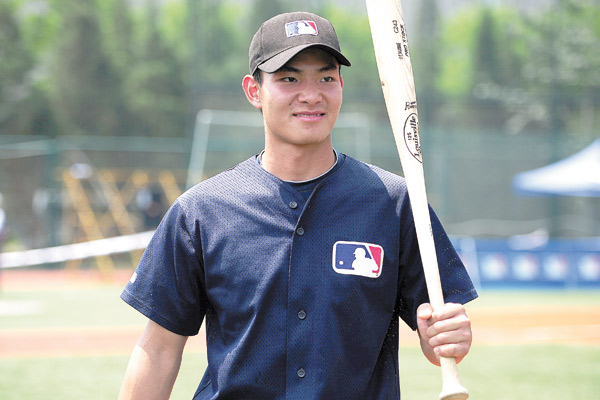 |
|
Xu Guiyuan, a 19yearold prospect, has become the first player from one of the MLB’s China Development Centers to sign a professional contract — with the Baltimore Orioles. PROVIDED TO CHINA DAILY |
They call him ‘Itchy’.
Or — if the staff members of Major League Baseball’s development center in Wuxi, Jiangsu province, are feeling particularly clever — they call him ‘Itchy Shoe’, because ‘shoe’ is similar to the Chinese pronounciation of his family name.
The 19-year-old’s real name is Xu Guiyuan, but in his first week at the MLB DC in July 2010, he named All-Star outfielder Ichiro Suzuki as his baseball idol, and coach Dave Palese ran with it.
But now, five years later, ‘Itchy Shoe’ is running into history as the first player from MLB’s three development centers in China to sign with a major league club. On Monday, the 19-year-old outfielder/first baseman inked a deal with the Baltimore Orioles.
“Xu has been working hard at the MLB development center and we hope he’ll be the first of many future major league players from China,” said Orioles executive vice-president of baseball operations Dan Duquette.
“He has excellent balance at the plate and very good left-handed power, which we think will play well at Oriole Park at Camden Yards.”
Rick Dell, MLB’s director of game development in Asia, has been watching Xu play for several years, and he agrees with Duquette.
“With Itchy, you have to like his hitting,” Dell said. “He really swings the bat well and has been doing a lot to continuously improve. He’s a lefty hitter with a good swing and good bat speed.”
Xu was a two-time MVP in the China National Youth League — in 2012 and ’14 — as well as a two-time MLB Taiwan elite camp All-Star, in 2013 and ’14.
He also won the 2012 China National Youth Baseball League home run derby and the 2011 Shenzhen Baseball League best hitter and most improved player honors.
For MLB, though, Xu’s growth and improvement represents the success of its Chinese development centers.
China had a rich baseball history in the first half of the 20th century, with teams traveling overseas to play and American All-Star squads, including the likes of Babe Ruth and Lou Gehrig, traveling to China for exhibition games. But the game was banned from 1966 through ’76 as a symbol of Western indulgence.
“All the ethereal things about baseball — no clock, the sacrifice, the journey around the bases that starts and finishes at home — it all resonates in Chinese culture,” said MLB vice-president Jim Small, who oversees Asia and Pacific region. “I’m convinced that if baseball was around during Confucius’ time, he would have been a huge fan.”
In 2000, MLB’s international ownership committee decided it needed a strategy for developing Chinese players, and in 2009 the first MLB development center was opened at Dongbeitang School in Wuxi, with 16 local players.
In 2010, the DC’s first full year of existence, the team played about 130 games, which set the standard for years to come and is 100 games more than those played by the highest level professional teams in China.
Today MLB has three DCs in China, with the other two in Changzhou and Nanjing, both in Jiangsu province, a fast developing region. All are attached to academically strong high schools, with the goal of producing student athletes.
“Before we started the development centers, we discovered how much emphasis the Chinese place on education,” said Small. “We knew the philosophy of the DC had to be education first, baseball second, or Chinese parents wouldn’t let their sons attend.”
To that end, MLB’s Chinese student athletes live in dorms at the schools, attend classes every day and study halls at night. They play baseball after school and on weekends.
Last year, six of eight graduating student athletes went on to play baseball at Chinese universities. This year, there will be 22 graduates, 14 of whom have already committed to Chinese universities.
Several others are still waiting to hear back from colleges, and the vast majority of those teens would never have had the opportunity to attend college if not for the DCs.
“Within the next three graduating classes, the byproduct of our development centers will be the overall improvement of the level of college baseball in China,” Dell said. “We haven’t had any Chinese players go on to American universities yet, but it will happen.”
It was Dell who discovered Xu as a 13-year-old southpaw pitcher playing high school ball in Shenzhen, just across the border from Hong Kong. But when he came to the DC, it was obvious his hitting was ahead of his pitching.
The then-skinny kid switched to playing outfield and first base, and he is now a 5-foot-11, 186-pounder with a body that, according to Dell, “has room to mature”.
Scouts love a frame that can support added muscle, and 15 of them from 10 MLB clubs have visited the Chinese DCs and the showcase days held in the fall and spring, since the ban on signing Chinese players was lifted in August 2014.
Xu’s signing was the icing on the cake. For the time being, he will stay in China and train with his team from the DC; currently, he is in Taiwan training with what Dell calls ‘the AAA squad’ — a group made up of the best players from all three DCs.
Xu will likely go to Baltimore’s spring training facility in Sarasota, Florida, later in the summer to be introduced to the Orioles.
He will then return to China to finish his high school classes in the fall before reporting to the O’s training camp next February, where he will be evaluated and assigned to one of Baltimore’s minor league affiliates.
For his part, Xu is a happy guy.
“Ichiro is a hitting god and I love hitting, and I want to work hard to be as good as he is,” the teen said. “I am excited to have a chance to go to MLB and play baseball, and I’m happy the Orioles gave me this opportunity.”
Lindsay Berra is a columnist for MLB.com.
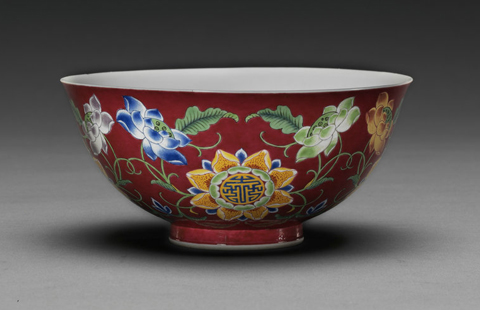
 Rare imperial porcelain revealed for first time in Capital Museum
Rare imperial porcelain revealed for first time in Capital Museum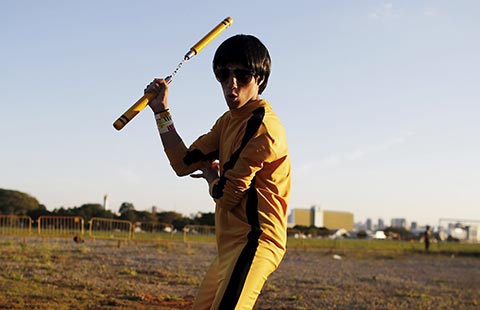
 Cosplay enthusiasts pose during 'Anime Friends' in Brazil
Cosplay enthusiasts pose during 'Anime Friends' in Brazil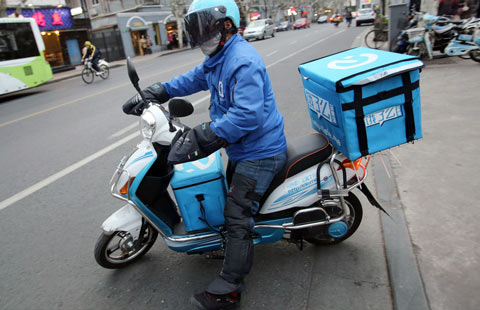
 Top 10 services changed by online-to-offline
Top 10 services changed by online-to-offline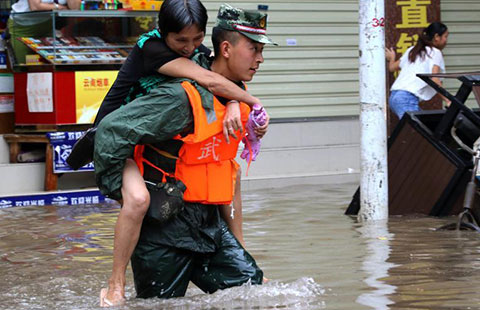
 People evacuated after downpour in SW China
People evacuated after downpour in SW China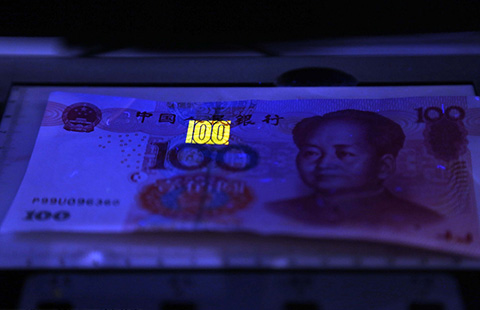
 Identifying counterfeit money
Identifying counterfeit money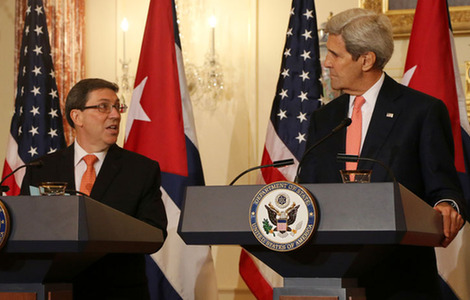
 A New Era in US-Cuba Relations Begins
A New Era in US-Cuba Relations Begins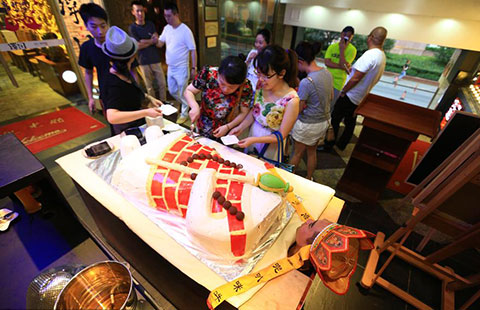
 Eat the 'flesh' of 'Monk Xuanzang' at this shop
Eat the 'flesh' of 'Monk Xuanzang' at this shop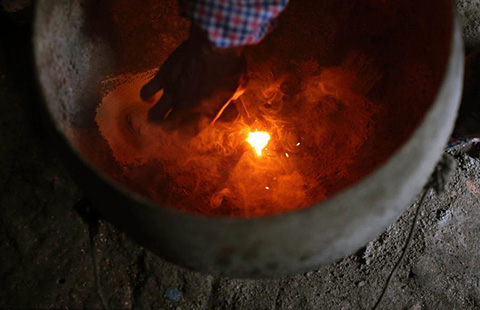
 The dying of craft of repairing pans
The dying of craft of repairing pans
Most Viewed
Editor's Picks

|

|

|

|

|

|
Today's Top News
Ling Jihua's arrest a vital lesson for officials
Cuba, US ties called first step
Life details of Tennessee shooter emerge, but motive elusive
China can now shop at JD.com's US Mall
UN Security Council endorses Iran nuclear deal
US, Cuba set to reboot relations after split
Mayor to turn Zhanjiang into green economic powerhouse
Private firms' access to arms sector widens
US Weekly

|

|







